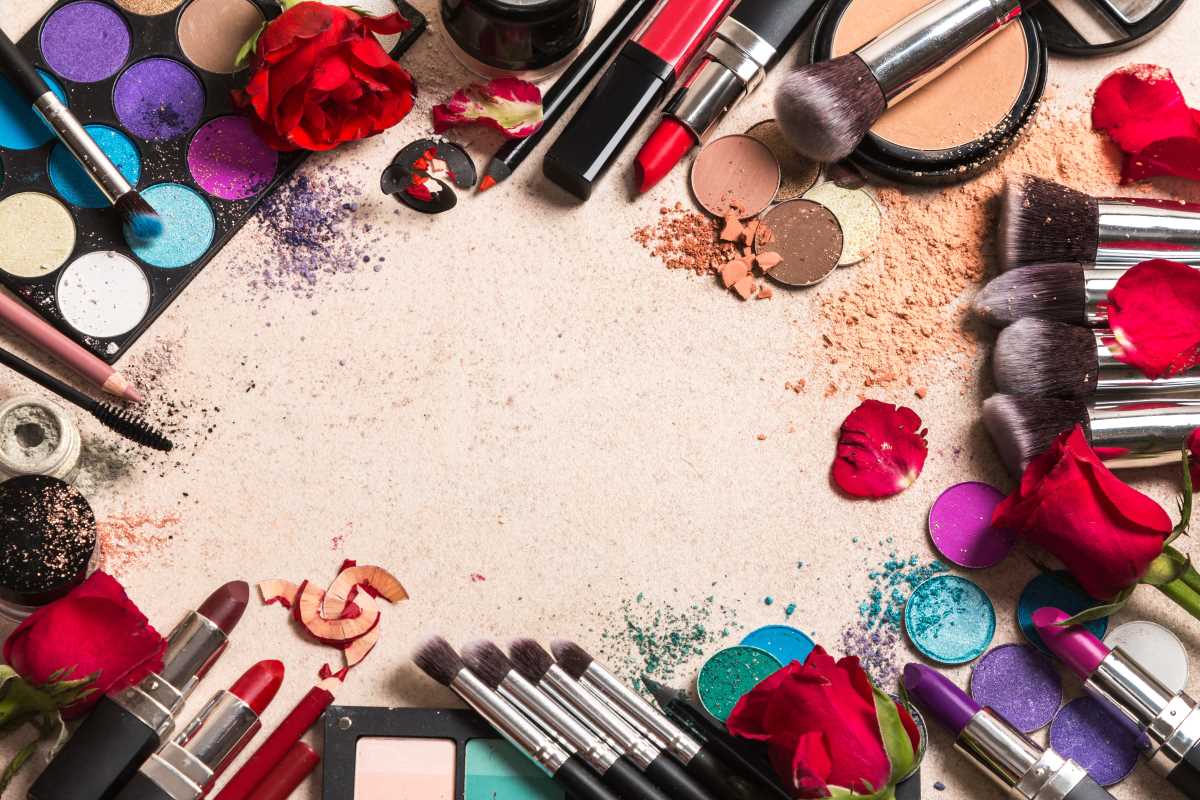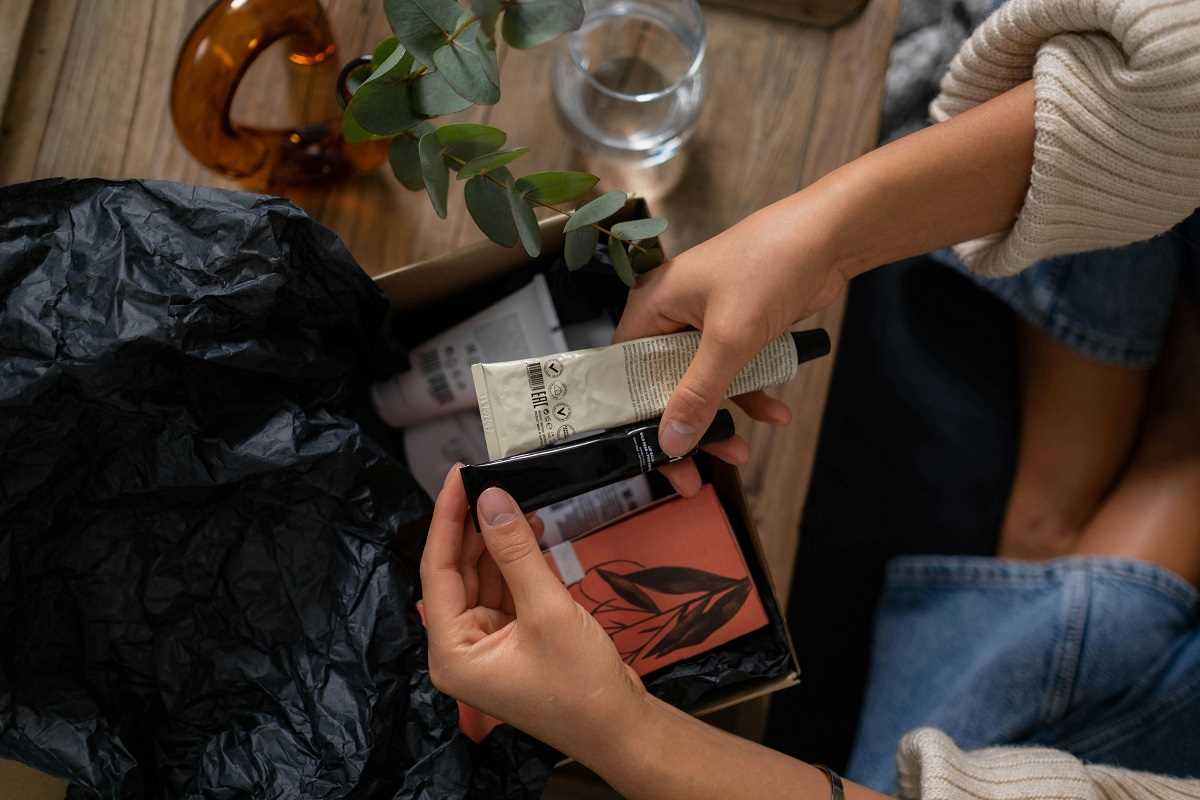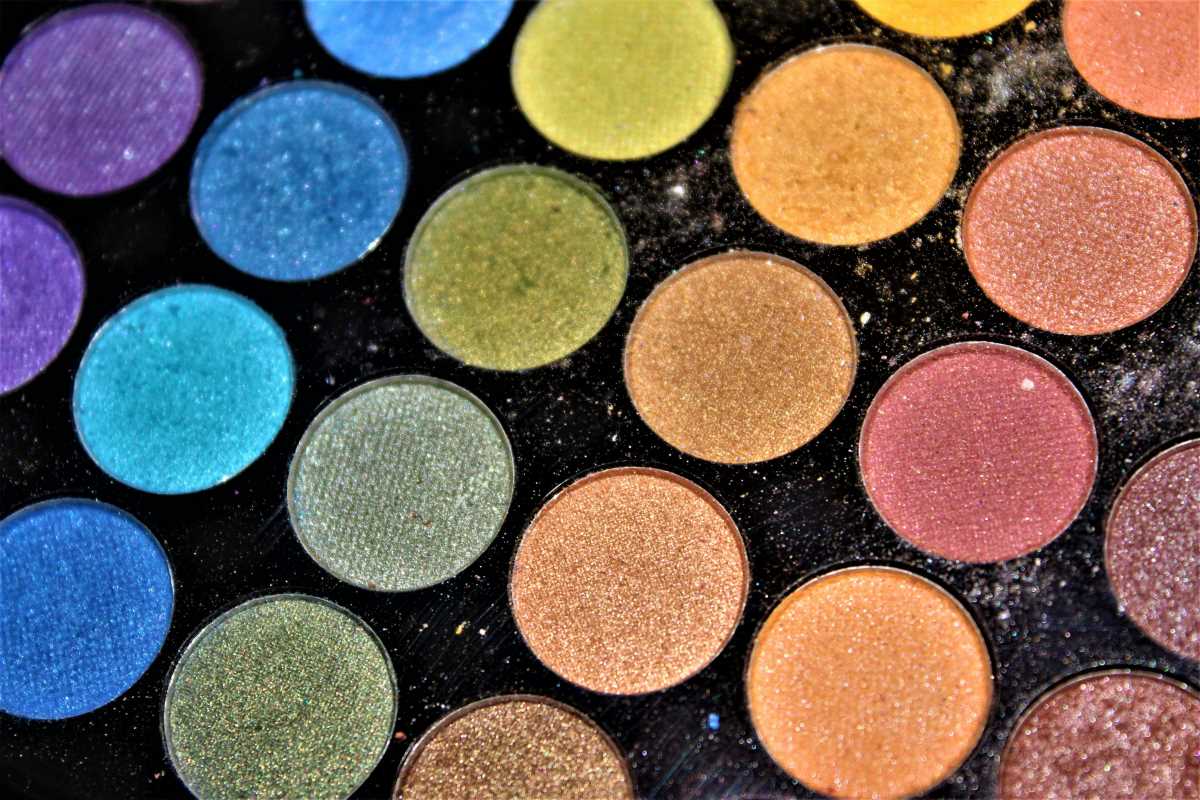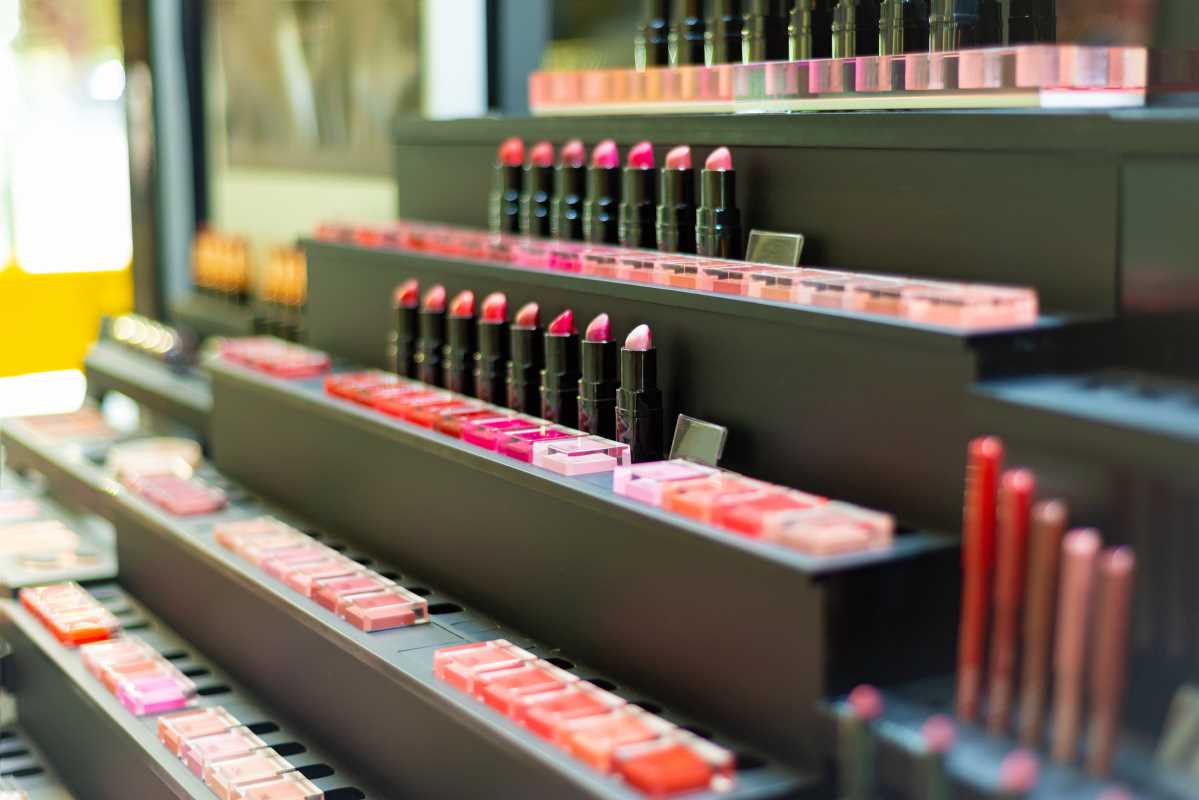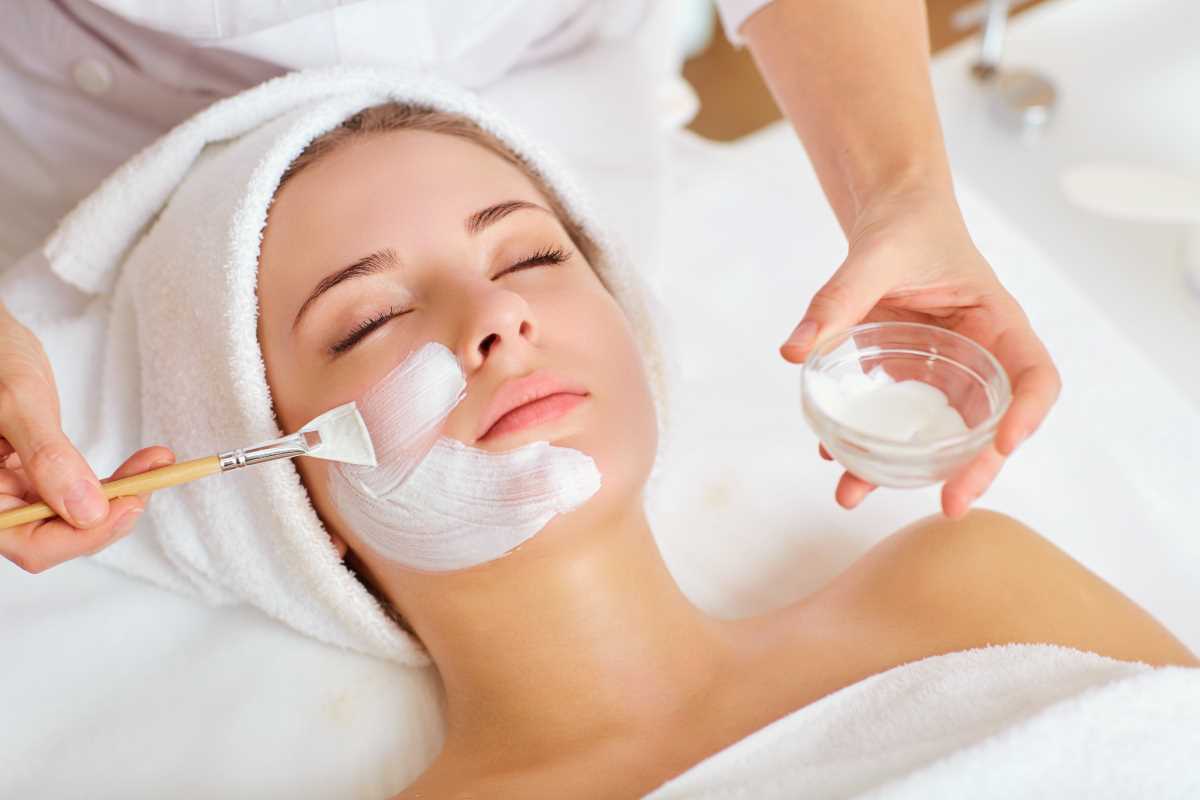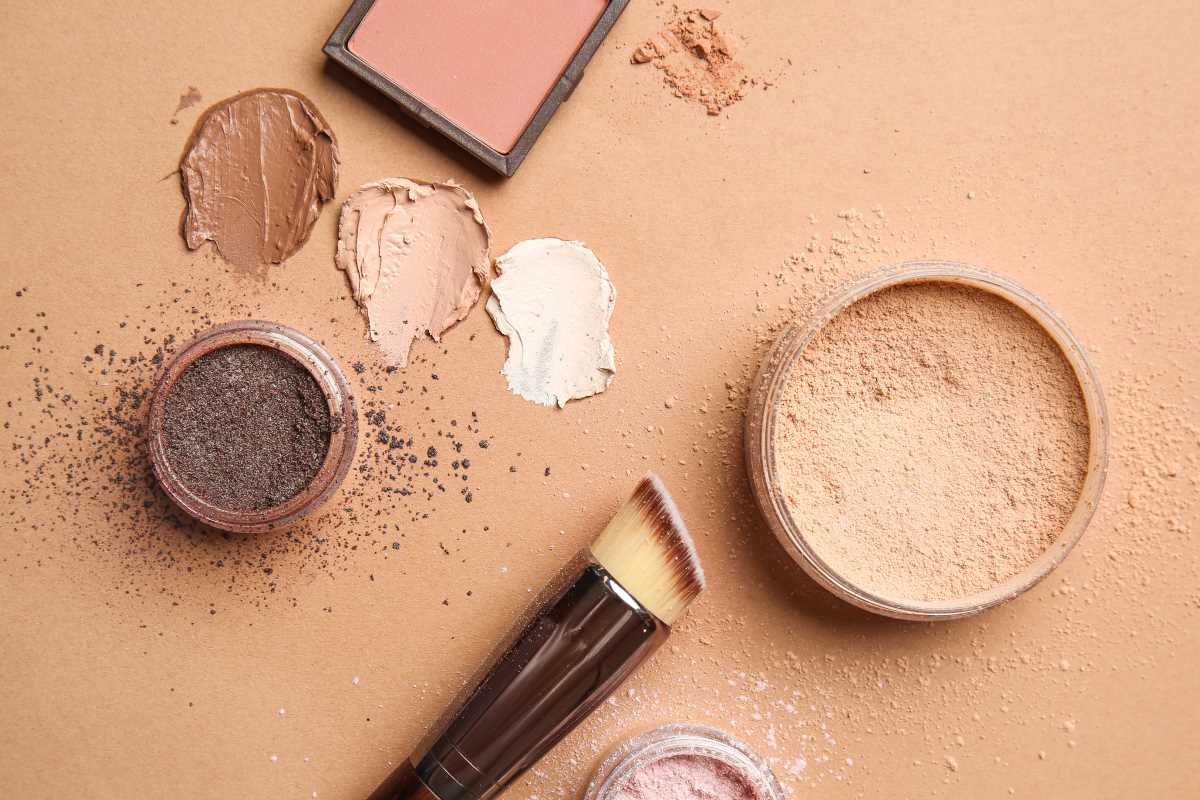Acne breakouts can be frustratingly persistent, making it essential to uncover all potential triggers—including those that aren't widely discussed. While hormonal imbalances, stress, and skincare products are well-known causes, several surprising factors could also be contributing to your breakouts.
By exploring these less conventional culprits, you can take a more holistic approach to your skincare routine and work toward achieving clearer skin. Let’s examine these unexpected causes of acne in more detail.
Poor Sleeping Habits
It’s often said that sleep is the foundation of good health, and your skin is no exception. Poor sleeping habits, such as getting less than 7-9 hours of rest per night, can negatively affect your skin in multiple ways. Sleep deprivation increases cortisol levels, the body’s primary stress hormone, which can trigger inflammation and excess oil production—both of which contribute to acne.
Moreover, lack of quality sleep impairs the body’s ability to repair and regenerate tissues, including the skin. Without adequate rest, your skin may struggle to heal existing blemishes, leading to prolonged breakouts. Establishing a consistent sleep schedule and creating a relaxing bedtime routine can help support your skin’s natural repair processes.
Dietary Choices
The relationship between diet and acne is complex but undeniable.
- High-glycemic foods, such as sugary snacks, sodas, and refined carbohydrates, can cause blood sugar spikes.
- These spikes lead to increased insulin production, which in turn promotes inflammation and the release of sebum—an oily substance that can clog pores.
Dairy products are another dietary element linked to acne for some individuals, particularly skim milk, which may influence hormone levels. To support clear skin, focus on consuming a balanced diet rich in anti-inflammatory foods like leafy greens, berries, whole grains, and omega-3 fatty acids. Staying hydrated and minimizing processed foods can also play a significant role in maintaining a healthy complexion.
Tech Devices
Your favorite tech gadgets may be contributing more to your acne than you realize. Cell phones, tablets, and headphones accumulate oil, bacteria, and sweat from frequent handling and usage. When these devices come into contact with your face, they can transfer these contaminants to your skin, clogging pores and causing breakouts.
To combat this, clean your devices regularly using disinfectant wipes or alcohol-based cleaners.
Additionally, avoid pressing your phone directly against your face during calls—use headphones or speaker mode instead. If you wear over-ear headphones, ensure that the cushions are cleaned frequently to prevent buildup of oils and bacteria.
Environmental Factors
Environmental factors like air pollution, UV radiation, and harsh weather conditions are often overlooked causes of acne.
- Pollution particles can settle on your skin throughout the day, clogging pores and triggering inflammation.
- UV rays, on the other hand, can weaken the skin’s barrier and exacerbate existing acne, even if sunlight temporarily reduces its appearance.
- Protect your skin by cleansing thoroughly at the end of the day to remove pollutants and using sunscreen daily to shield against UV damage.
- Antioxidant-rich skincare products, such as serums containing vitamin C or green tea extract, can help neutralize free radicals and support your skin’s defense mechanisms.
Haircare Products
While many people focus on facial skincare, the products you use in your hair can have a surprising impact on your skin. Shampoos, conditioners, and styling products often contain ingredients like silicones, sulfates, and heavy oils that can transfer to your skin, especially along the hairline and back. This transfer can clog pores and trigger acne breakouts.
To prevent this, look for non-comedogenic and sulfate-free haircare products. When applying hair products, avoid letting them come into direct contact with your skin. Washing your face after rinsing out conditioner can also help remove any residue that might linger on your skin.
Unwashed Bedding
Your bedding, particularly pillowcases, can be a breeding ground for acne-causing bacteria, oil, and dirt. As you sleep, your face is in constant contact with your pillowcase, making it easy for these contaminants to transfer to your skin and clog pores.
- To maintain a clean sleeping environment, wash your pillowcases every few days and change your sheets weekly.
- Use a gentle, fragrance-free detergent to avoid irritating your skin further.
- Silk pillowcases, which are less absorbent than cotton, can also be a good option for minimizing oil transfer and reducing friction on your skin.
Stress
Though stress is a well-known acne trigger, its impact is often underestimated. Chronic stress can disrupt hormonal balance, leading to increased oil production and inflammation. Additionally, stress may cause you to engage in habits like touching your face more frequently, which can introduce bacteria and exacerbate breakouts.
Incorporating stress-management techniques into your routine, such as mindfulness meditation, yoga, or regular exercise, can help reduce its impact on your skin. Even simple practices like deep breathing or spending time outdoors can make a difference in calming your mind and soothing your skin.
Personal Care Habits
Other small but impactful habits, such as failing to wash your face after sweating or using dirty makeup brushes, can contribute to acne. Sweat can mix with oil and dirt, clogging pores if not rinsed off promptly. Similarly, unwashed brushes and sponges harbor bacteria that can transfer to your skin.
Develop a habit of cleaning your makeup tools weekly and cleansing your skin after physical activity. Choosing lightweight, non-comedogenic makeup products can also help prevent clogged pores.
Acne breakouts are often caused by a combination of factors, and addressing them requires a comprehensive approach. By identifying and mitigating unconventional triggers like poor sleep, dietary choices, tech devices, and environmental factors, you can take proactive steps toward clearer, healthier skin.
Remember, every individual’s skin is unique, so it may take time to determine which factors impact you the most. Patience, consistency, and a holistic skincare routine are key to managing acne and achieving the radiant complexion you deserve.
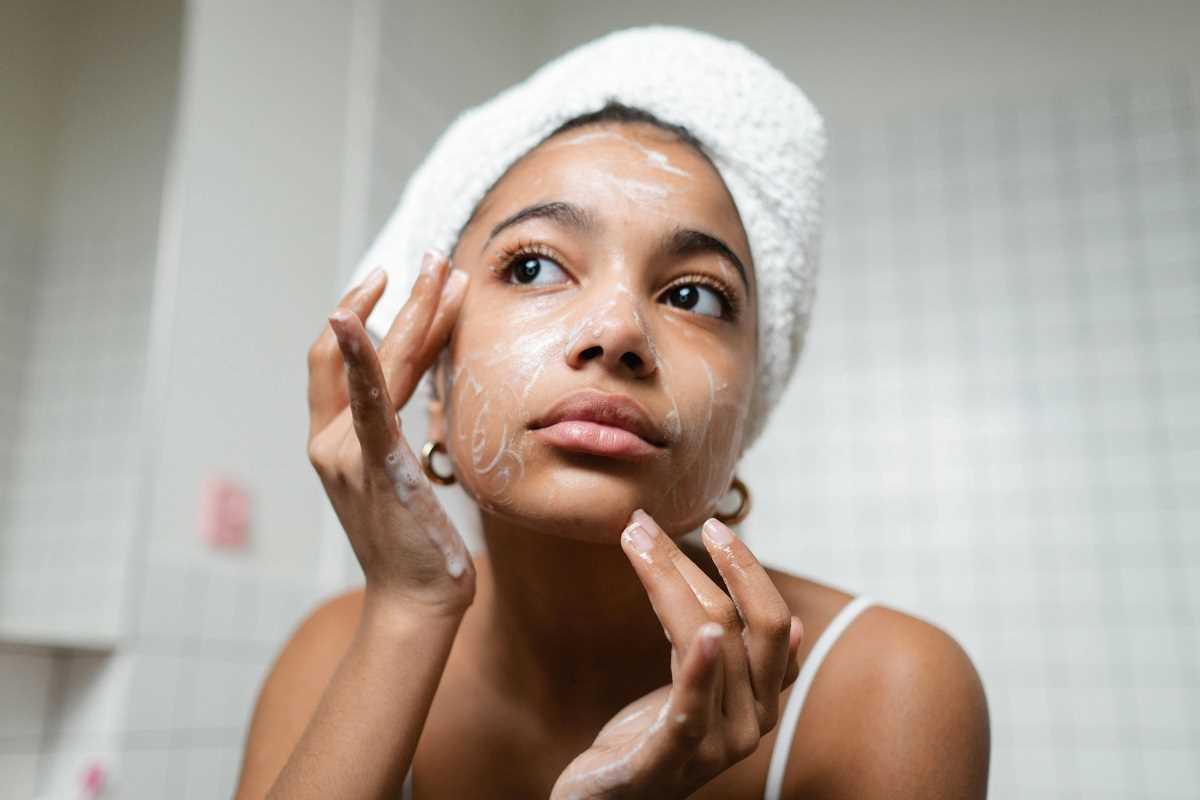 (Image via
(Image via